signs of life in moribund small and mid-cap sectors
10 December 2018[vc_row fullwidth=”true” fullwidth_content=”false” css=”.vc_custom_1511253087767{padding-top: 50px !important;padding-bottom: 50px !important;background: #f0f1f2 url(https://westbrooke.co.za/wp-content/uploads/2017/02/triangle-grey-top-left-600×600.png?id=166) !important;background-position: 0 0 !important;background-repeat: no-repeat !important;}” el_class=”blog-content”][vc_column width=”1/12″][/vc_column][vc_column width=”10/12″][vc_column_text css=”.vc_custom_1544427913053{margin-bottom: 0px !important;}”]By: Sasha Planting Source: Moneyweb
Many firms are in good shape with healthy cash balances.
The small-cap index has fallen 14% this year, while the mid-cap index is down 11%. It doesn’t sound too bad until you consider that hardware, kitchen and sanitary ware supplier Dawn has fallen 99% this year, quick service food franchisor Taste has fallen 97% and Aveng and Group Five have seen their share prices massacred. On the other hand logistics provider Value Group is up 62.5% in the year to date.
“There are pockets of excellence within the small and mid-cap universe,” says independent analyst Anthony Clark. “But they are all being tarred by the same lack of interest. The entire sector has become a backwater and that is when things become interesting – interest wanes, valuations decline and PE (price-earnings) ratings unwind. When ratings do not reflect fair value – that is when activists, private equity and other vultures start circling.”
Examples include at least two buyout offers for dairy products producer Clover, another for troubled hardware provider Dawn at 1c per share and the offer by the Van Straaten Family Trust to acquire all of the Verimark shares at R1.50 per share.
Clark points to the Value Group as an example of a firm where corporate activity could be in the wings. The market value is R1.5 billion, the net asset value (NAV) is R5.81 per share, and the share price is R6.50, after starting the year at R4.00. “This is a well-managed company and with that kind of share price activity I’d suggest that something is up.”
Westbrooke Alternative Asset Management also keeps a close eye on the small and mid-cap sector and did some research recently to establish the extent of the undervaluation as well as the prospects for the sector’s recovery.
The research universe is comprised of companies with a market cap of anything from R100 million to R10 billion – slightly bigger than the universe Clark is watching. It provided 130 companies including 97 operating companies, 10 investment holding companies and 23 real estate companies.
“Our research showed that all are trading at a discount relative to historical valuations, but those operating companies with a market cap below R2 billion and investment holding companies really stood out presenting a compelling, deeply discounted investment opportunity,” says Jarred Winer, co-founder of Westbrooke Alternative Asset Management and fund manager of the Westbrooke Special Opportunities Fund
Operating companies
Despite valuation in the sector being under pressure since 2014, the operating companies below R2 billion market cap price-to-earnings multiple has derated by 10% to 7.9x since March 2017 and are trading at a 22% discount to their five-year average of 10.1x. Measured on an EV/Ebitda (enterprise value/earnings before interest, taxes, depreciation, and amortisation) basis, these companies have derated significantly with an 11% derating to a multiple of 4.4x since March 2017 and are currently valued at a 16% discount to their five-year average.
As a comparison, Westbrooke looked at the valuations of corporate and private equity M&A (mergers and acquisitions) transactions. These have been at a significant premium to currently listed valuations with transactions of a similar size being at EV/Ebitda multiples of around 6-8x.
Companies to watch in this environment, says Clark, include Quantum Foods, one of the best run agribusinesses in the country with a healthy balance sheet and cash resources; steel beneficiator Argent which is NAV rich; Metrofile, which will benefit from the Protection of Personal Information Act and inherent growth of paper storage; chemicals business Rolfes; Bowler Metcalf, whose management plans to pay out a special dividend; and CSG Holdings which is particularly well run and has caught the eye of private equity players.
What these companies have in common, he says, is that they have trimmed their costs and survived in tough market conditions. They are all sitting on tangible cash balances – some are paying out special dividends – and are well positioned for an uptick in economic growth and M&A activity, whether as target or acquirer.
Investment holding companies
The Westbrooke research also included analysis of historical valuation metrics of 10 South African investment holding companies. These companies are trading at a 33% discount to intrinsic NAV while the four-year average to March 2017 was a discount of 16%. Between 2014 and 2016 this universe traded at a premium to intrinsic NAV.
To compare, the Thomson Reuters Datastream World Investment Companies Index comprises 26 international investment holding companies which currently trade at a 14% premium to NAV while its four-year average discount to NAV is 14%.
Westbrooke believes that the discount of South African investment holding companies to intrinsic NAV will narrow to levels closer to historic norms as these companies generate attractive returns on capital or through an increase in corporate activity.
The bottom line
Aside from the typical liquidity issues and share price volatility that the small/mid-cap sector is faced with, other risks include the fact that South African economic growth may take longer than expected to recover because of the political uncertainty related to the upcoming election.
However, both Clark and Winer believe that the small/mid-cap universe currently presents an attractive investment opportunity over the medium term, particularly those operating companies with a market capitalisation below R2 billion. “Markets move in cycles and we have seen small and mid-cap companies in the doldrums before – notably in the late 1990s,” says Clark. “It may take time but the sector will undoubtedly recover.”
Winer adds that many small to mid-caps have significant balance sheet capacity for corporate activity and significant cash on hand to resume capital expenditure and acquisition activity. Small to mid-cap investment holding companies are also trading at discounts far beyond historic norms and much higher than comparative valuations internationally. That discount is therefore likely to narrow.[/vc_column_text][/vc_column][vc_column width=”1/12″][/vc_column][/vc_row]





